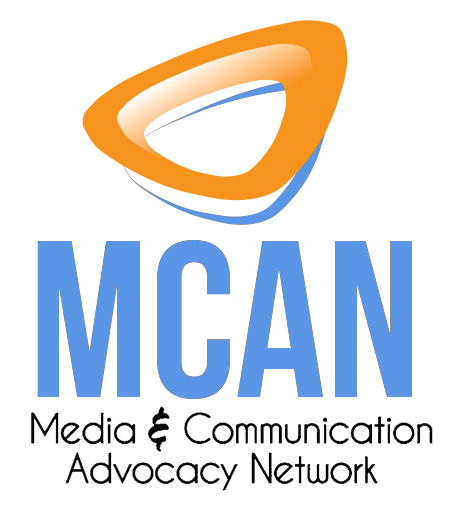The Executive Director of the Planned Parenthood Association of Ghana (PPAG), Miss Abena Adubea Amoah, has observed that COVID-19 has exposed many parents who lack the skills to respond to the needs of their children.
Over the past two months, young people have been made to stay home as a result of the COVID-19 pandemic, hence “we have witnessed a high level of lack of parenting skills, supervision, and guidance,” she said.

Miss Abena Adubea Amoah, Executive Director of PPAG
Ms. Amoah observed that many parents, not knowing how to live with and supervise their children, had resorted to providing them with mobile phones, tablets, and television with multiviewer options to programmes, many of which are harmful to children.
That, she stated, has led children to easily consuming content on social media that are not acceptable at their age.
“In effect, we are witnessing a rise in mobile phone usage and consumptions of elicit materials and content including pornography, sexing and experimentation of multi-sexual partner acts among children” she indicated.
She noted that the responsibility of parenting and supervision of children d largely being left in the hands of teachers even though it was not their primary responsibility.
Workshop
Miss Amoah was speaking at a workshop organised by the PPAG with support from the United Nations Population Fund (UNFPA) on a ‘Marriage and Girls Empowerment Project’ for field and focal persons of the PPAG from the southern sector of the country in Koforidua.
According to her, Ghana needed its young people, adolescent girls, and vulnerable boys and “that is why we have the opportunity, with funding from UNFPA through the Global Programme for Ending Child Marriage and the Canadian Funded Joint Programme for Empowering Adolescent Girls, to make a major contribution to our mandate.
Miss Amoah said the PPAG would continue to pursue its agenda to educate, inform, empower and enable communities to assess sexuality and reproductive health education and services that ensure that young people were able to attain their full potential while enjoying their sexuality.
She said if frontline workers failed at their work, the Ghanaian society would experience the horror of unplanned and unprepared population with its attendant consequences.
She also thanked the UNFPA and all partners, including public agencies, for their continued support for the PPAG.
Empowerment project
Giving an overview of the empowerment project, the PPAG youth coordinator, Mr. Ishmael Kwasi Selassi, said the project, targeted at adolescents and young people between the ages of 10 to 19 years and out-of-school and in-school, would be implemented in 12 districts in eight regions of the country.
He said the key focus was to address child marriage in Ghana by ensuring that adolescents were empowered to make informed choices related to their sexuality.
From George Folley, Koforidua.

